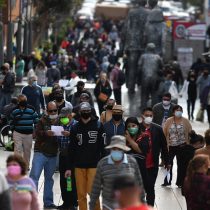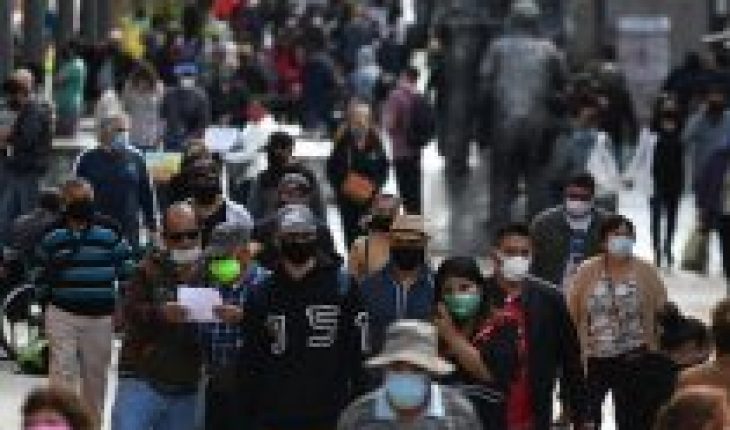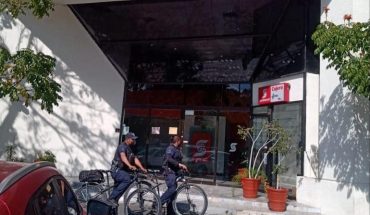
In the communes where the transition has been implemented, it is possible to find that many are the precautions set by the authority to move towards the longed-for total deconfunding. But we have also learned that a non-minority group perseveres in non-compliance with these measures, without repairing the aftermath it would drag, for example, not to wear masks or not to maintain a precise distance. What, then, with the reckless conduct of others, which puts their health and that of their environment at risk?
When Spain began its de-escalation, it circulated on social media an image that, ensuring the peace of mind of the most responsible, urged not to be frustrated by people who ignored the norms of mutual care. This advice, unintentionally, seemed to capture the stoic ideas of Epictetus, a Greek philosopher who recommends not tormenting us for things of another nature, that is, that do not depend on us. We will thus avoid, he points out, the misery that external actions can produce us. In the face of the moral conflicts of the health crisis, “only I have authority over myself,” Epicteto would say, going to his Speeches, because, at the end of the day, we cannot master in others his inclination towards good or evil.
Perhaps this would explain how useless a man’s decision might have been who, while isolation was obligatory throughout the capital, asked some young men gathered in a square to wear masks, who ended up beating him on the ground as reported in the press.
However, the multidimensional crisis caused by SARS-CoV-2 has made it clear that others cannot be irrelevant to us, just as individual determinations are not indifferent in public space. A duty binds these two realities: perhaps contradicting Epicteto, in the present scenario, the courage of that citizen — who unfortunately cost him a beating – does not result in vain, since protecting our own health as that of our fellowmen has become an imperative. It will be those who wish to take that path to those we owe that we have overcome this bitter drink.
An anecdote to conclude. Associated with this pandemic, among childhood memories, comes to mind an episode of “The Unknown Dimension”, an endearing series unearthing with fantasy and horror. Although it was not of my liking at the time, the chapter entitled “The Shelter” was recorded indelible in my memory.
In this, a peaceful meal at the Stocktons’ home is interrupted by the radio announcement of an imminent nuclear attack. Blinded by ensuring the protection of each, the formerly friendly neighbors break into the dinner wanting to occupy the bomb lair the Stocktons had in their home. Then the escalating violence was stifled by a new warning, which corrects the alleged amago by harmless satellites. At the close it was warned: “Without morals, without messages, without prophetic treaties, only a simple declaration of facts: for civilization to survive, the human race must remain civilized. This has been tonight’s very small logic exercise in ‘The Unknown Dimension’.”
This modest fiction underscores the essentiality of paying attention to the well-being of those who make up society as a whole in order to face any threat. If he were alive, Epictet, an advocate of selfishness as he admitted, would probably be forced to grant us this truth.
18
The content poured into this opinion column is the sole responsibility of its author, and does not necessarily reflect the editorial line or position of El Mostrador.





